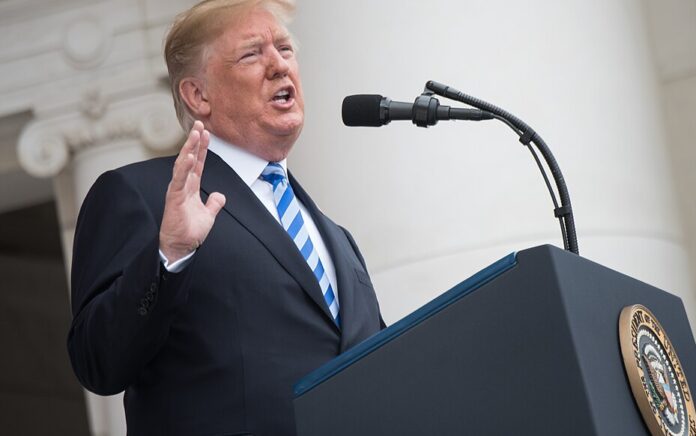Justices lift block on deporting migrants to nations they aren’t citizens of, including war zones
The US Supreme Court has granted a major legal victory to Donald Trump, allowing his administration to deport migrants to third countries—even those where they hold no citizenship—while lower court battles continue.
The decision, issued on Monday night, temporarily halts a federal judge’s order that had required migrants to be given a “meaningful opportunity” to contest removal to countries like conflict-stricken South Sudan. Trump officials immediately celebrated the ruling online, posting the phrase “Fire up the deportation planes” alongside a meme of the president dancing.
The ruling came without oral arguments, part of the court’s increasingly controversial “emergency docket.” It consisted of a brief, unsigned statement from the conservative majority offering no explanation for pausing the lower court’s decision. The three liberal justices issued a scathing 20-page dissent.
Justice Sonia Sotomayor, writing for the dissent and joined by Justices Elena Kagan and Ketanji Brown Jackson, accused the court of rewarding “lawlessness” and endangering human lives. She condemned the administration’s attempt to deport individuals to South Sudan—a country the State Department warns is unsafe for almost all US personnel.
“Apparently, the Court finds the idea that thousands will suffer violence in far-flung locales more palatable than the remote possibility that a District Court exceeded its remedial powers,” the dissent read.
The case began in Boston, where four migrants filed suit on behalf of all those facing deportation to third countries. They argued they should be notified and allowed to raise fear-based objections before being removed.
US District Judge Brian Murphy agreed, issuing an injunction to block such deportations. He later ruled that the Trump administration had violated this order by attempting to send migrants to South Sudan. The individuals in question were later moved to a temporary detention site at a US naval base in Djibouti, where reports described unsanitary conditions and the risk of rocket attacks.
In a new order issued Monday, Murphy clarified that those migrants remain protected from immediate deportation under a separate ruling still in effect.
The White House, however, interpreted the Supreme Court’s move as a green light for the broader deportation policy. The Department of Homeland Security also praised the decision.
This legal battle is one of many surrounding Trump’s hardline immigration agenda in his second term. The president has pushed for mass deportations and repeatedly challenged due process protections for migrants in the courts.
While some courts, including the Supreme Court, have previously restrained Trump—such as in cases involving temporary protected status and fast-track deportations—Monday’s decision marks a shift in judicial tone. Critics say the court’s use of the emergency docket bypasses full judicial scrutiny and transparency.
Justice Sotomayor warned that the decision undermines both lower courts and the constitutional rights of those facing deportation. “Rather than allowing our lower court colleagues to manage this high-stakes litigation with the care and attention it plainly requires,” she wrote, “the majority has chosen expedience over justice.”
As litigation continues, the Trump administration appears poised to expand deportations using the precedent now set by the court. Activists and legal experts warn the move could see thousands deported to dangerous regions without adequate notice or legal recourse.
